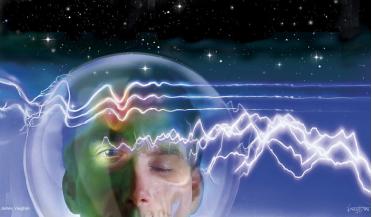 May 2024
Beyond Earth’s magnetic field
May 2024
Beyond Earth’s magnetic field
..., hypomagnetic conditions may increase the impact of spaceflight factors and create additional risks to the health of space exploration crews in the future. Hypomagnetic fields are ‘near-zero magnetic fields’ and are known to impact biological...
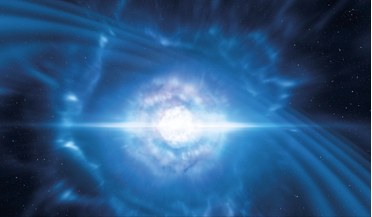 November 2019
Space kaleidoscope - towards a genuine multi-messenger exploration
November 2019
Space kaleidoscope - towards a genuine multi-messenger exploration
... the cultural norms we cultivate on Earth will ultimately be carried into space and that inclusivity is an imperative for innovative space exploration. Outer space is recognised as an environment, a tool and idea — a kaleidoscope for viewing humanity...
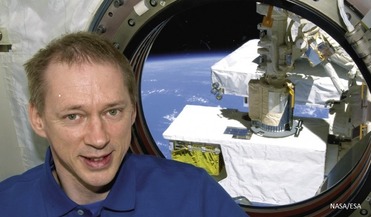 January 2022
International cooperation - the key to survival on Earth and in space
January 2022
International cooperation - the key to survival on Earth and in space
...he chaired the technical committee of the second EU-ESA Space Exploration Conference in Brussels in 2010. Frank became Head of...are the most significant events in the recent history of space exploration? We have to understand that we have only one ...
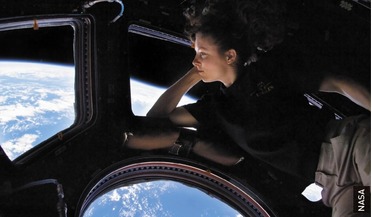 January 2022
Earth - no longer humanity’s only home
January 2022
Earth - no longer humanity’s only home
... bringing together the best of what we are capable of as humanity. Today, many have a tendency to think of space exploration in terms of one thing or another. Humans or robots? National or international? Commercial or government? Earth orbit or deep...
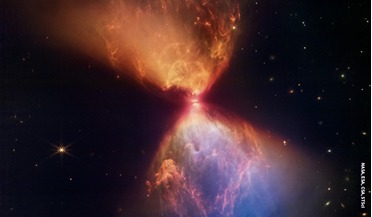 January 2023
Is human space exploration DOOMED?
January 2023
Is human space exploration DOOMED?
... word, which appear only in computational exercises. It does not concern material fractals that exist in three-dimensional spaces, such as ash, trees, lungs and galaxies. It is best illustrated with a simple example. Imagine an infinitely thin piece...
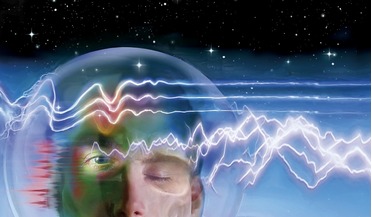 April 2020
Protecting against the dangers of space radiation
April 2020
Protecting against the dangers of space radiation
... ambitious juncture in the history of human space exploration. International space agencies and a number of private companies ...radiation and its potential effects on future human explorers. Space radiation is complex, mission-dependent and dependent ...